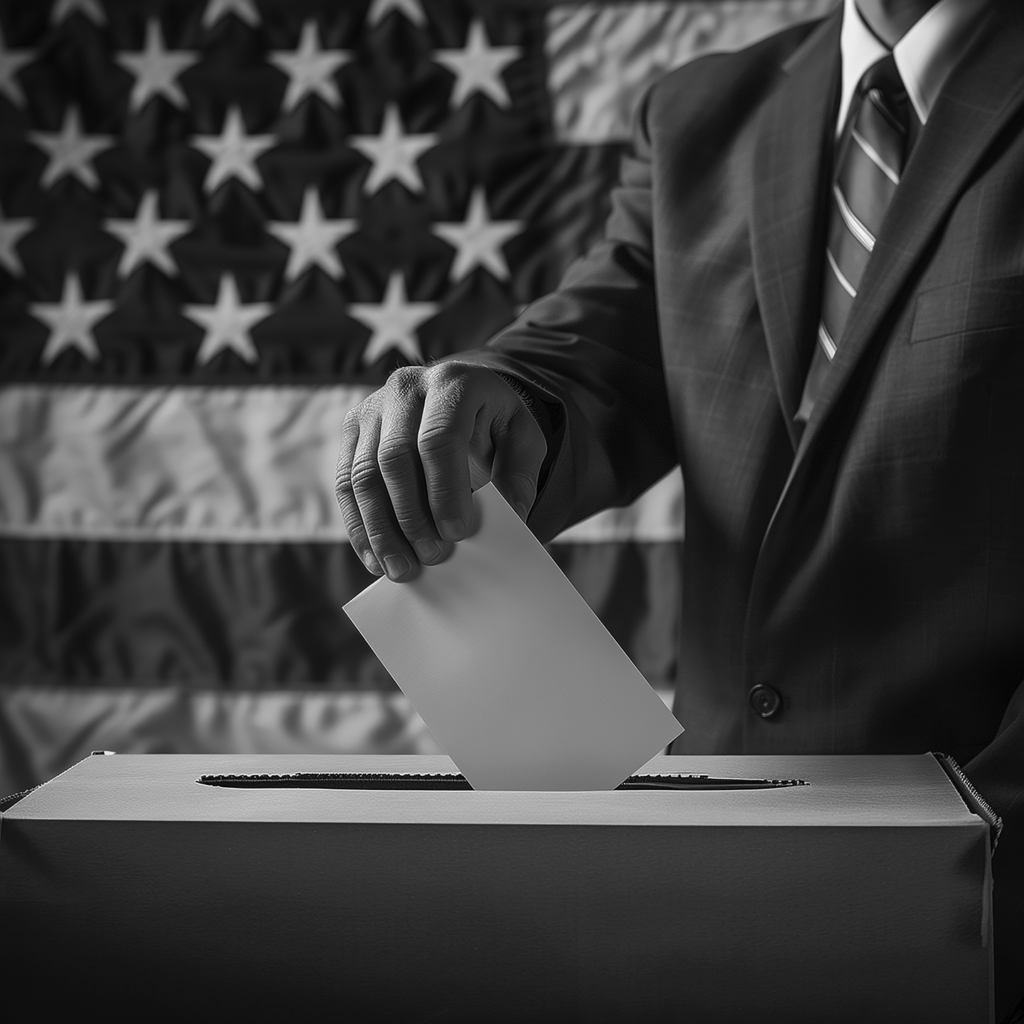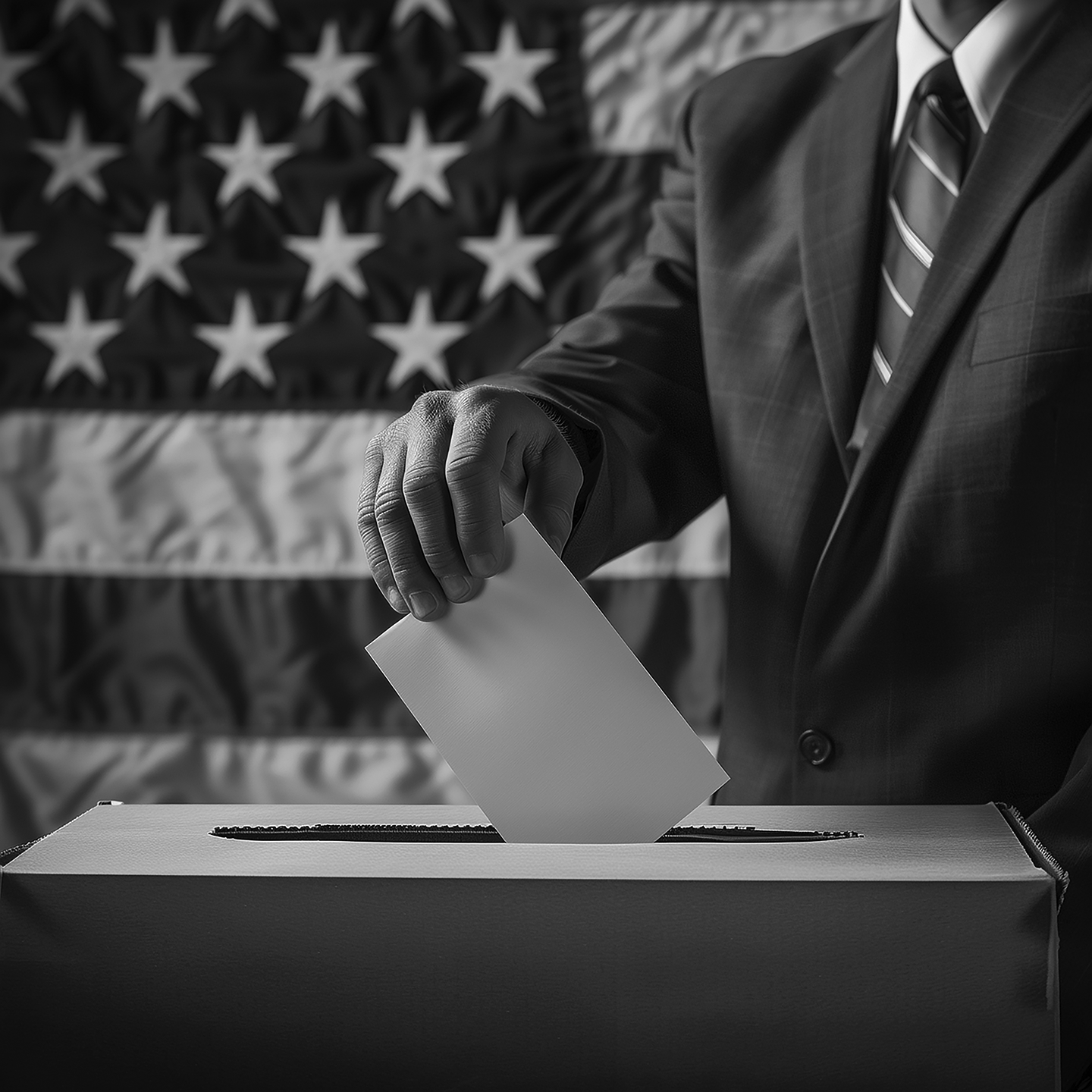By LEO ROBLES
Opinion Editor
Voting is a fundamental responsibility, and it is especially important that young adults engage in the process.
People who are 18 and above, know how important it is to vote but they tend to not engage in this due to their lack of knowledge in the current politics in the country. Sometimes they do not even try to engage as if their vote will not matter because other people will vote instead.
In democratic societies, voting is the primary way citizens influence government policies and leadership, ensuring that the will of the people is reflected in governance.
Young adults should know that every vote actually matters, and that politics do matter in everyone’s lives.
While older generations traditionally have higher voter turnout rates, young adults bring fresh perspectives and concerns that are critical for shaping the future of a society. Their participation ensures that the issues they care about are considered by elected leaders, making it essential for young adults to vote and contribute to the democratic process.
It can possibly be connected that their lack of participation in politics is the reason why some of these young adults are not taken seriously. They do not have to be fully into politics, but at least some knowledge will help them to shape the future of the country alongside other young voters.
One key reason young adults should vote is that their unique concerns and priorities often differ from those of older generations. Issues like climate change, student debt, affordable healthcare, and access to education are often front and center for young voters. If they don’t vote, their voices and concerns may not be adequately represented in policy decisions.
When young people are absent from the voting process, politicians may feel less pressure to prioritize these issues.
By voting, young adults can push for policies that reflect their values and address their specific needs, ensuring that government works in their favor. Some of these voters may still have an immature mentality since 18 years of age is pretty young, but they should also know that everyone needs to get ready for a more responsible life with important decisions.
Voting helps young people establish political engagement throughout their life. By having the habit of voting, young adults can help sustain a healthy democracy.
Voting regularly helps deeper understanding of political systems, helps people stay informed about current events and creates a sense of responsibility toward the community.
Young adults also represent a significant portion of the population, meaning their votes can have a substantial impact on election results.
In many democratic nations, young voters are one of the largest eligible voting groups, but many do not seem to be worried about what they can change with their vote.
If young adults collectively exercised their right to vote, they could dramatically shift political outcomes. Young voters can ensure that their demographic has a right in critical decisions about the direction of their country or community.
Beyond individual influence, voting has a broader societal impact. When young adults vote, they contribute to a more inclusive democracy that reflects the diversity of the population. Voting also serves as a reminder that change is possible through collective action, inspiring future generations to stay engaged and fight for progress.
It is crucial that young adults vote because their voices bring unique perspectives to the political process, helping to shape policies that affect their generation and future ones. By voting, young adults not only advocate for their own interests but also strengthen democracy, ensuring that government remains responsive and representative.
Voting is both a right and a responsibility, and young people must exercise it to help build a future that reflects their values and aspirations for better decision development and better political outcomes.


